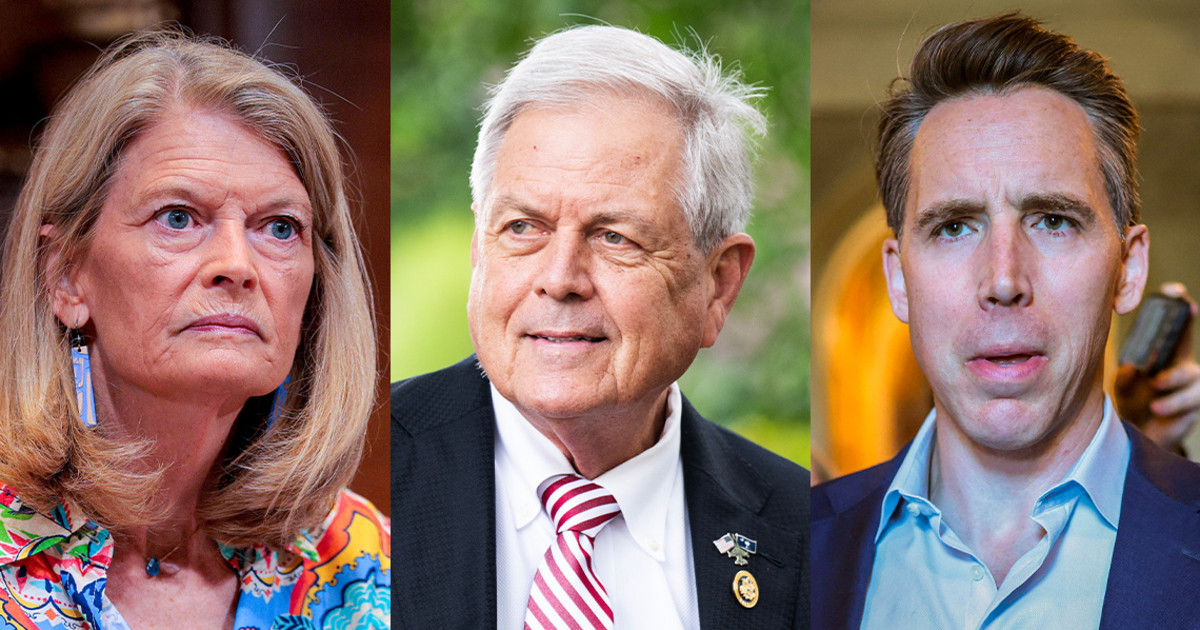GOP Lawmakers Face Scrutiny for Voting Against Bills They Supported During Trump’s Second Term
GOP Lawmakers Face Scrutiny for Voting Against Bills They Supported During Trump’s Second Term

A perplexing trend among Republican lawmakers during former President Donald Trump’s second term saw them frequently voting for legislation they publicly criticized, only to later introduce measures to repeal or amend parts of it. This pattern, highlighted by actions such as Senator Josh Hawley’s move to undo Medicaid cuts just two weeks after voting for a bill containing them, underscores the complex political calculations at play.
Hawley’s rationale — balancing a desire for Missouri-specific funding with concerns over long-term Medicaid impacts — typifies the internal conflict many Republicans faced. This dynamic was particularly evident as Trump solidified his control over the GOP base, leading lawmakers to prioritize party loyalty over stated policy reservations to avoid political repercussions. The House Freedom Caucus, known for its conservative stance, often complained about the fiscal implications of major bills, like a $3.3 trillion addition to the national debt, yet ultimately capitulated under pressure.
Examples abound: Rep. Ralph Norman, despite vowing to oppose a Senate bill over its spending, eventually voted for it. Similarly, Rep. David Valadao, representing a district with many Medicaid recipients, initially threatened to vote no on cuts but ultimately supported the final version. Even senators like Lisa Murkowski, who voiced significant concerns about the impact on vulnerable populations, cast decisive votes in favor. This pattern extended to other legislative efforts, including a $9 billion package of spending cuts, where lawmakers like Sen. Thom Tillis voted in favor despite expressing serious reservations about its implementation and constitutional implications. Only a handful of Republicans, facing unique political circumstances, voted against these controversial bills.
Disclaimer: This content is aggregated from public sources online. Please verify information independently. If you believe your rights have been infringed, contact us for removal.